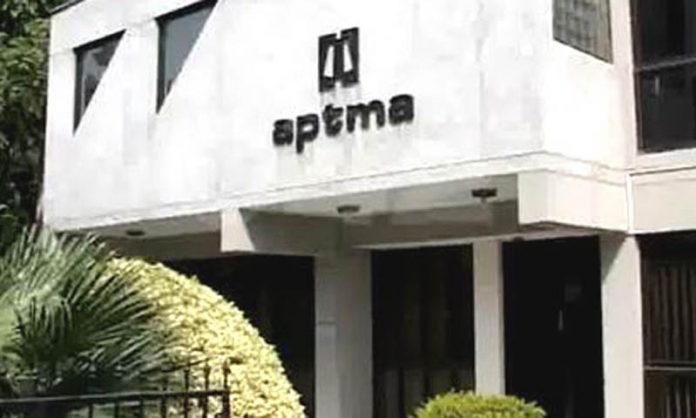LAHORE: Experts in textile industry and government circles have raised fingers over the budget proposals of the All Pakistan Textile Mills Association (APTMA), terming these non-starter and non-productive and calling for a complete study to examine the factors that have made the sector non-productive and uncompetitive.
According to a government official, APTMA’s approach to seek tax relief and other concessions would be counter-productive as the government’s policymakers might not give any more relief to the billionaire millers.
The association recently shared the budgetary proposals with the federal government, which it says are for the long term growth of the textile industry.
In its budget proposals sent to Prime Minister Imran Khan’s Adviser on Commerce Abdul Razzak Dawood, APTMA demanded implementation on zero rating under current circumstances.
“If the government still wishes to collect sales tax on domestic sales from a market that is already in dire straits it should collect the sales tax at the Point of Sale,” APTMA proposed.
Syed Muhammad Ijaz, a chartered accountant, said juggling with tax rates and figures would not solve the industrial problems, especially related to the textile sector.
“A detailed technical and forensic study is required why our textile sector is becoming uncompetitive,” Ijaz recommended.
He maintained that tax might be one of the factors but not a complete picture, so a holistic diagnosis is required to determine and gauge the inefficiency of the textile sector in growing efficiently.
“On the one hand, the government has failed to provide a proper or conducive environment for the development of industry, while on the other, APTMA is creating the culture of relying on subsidies and tax relief as the millers are no more able to compete globally.”
APTMA in another proposal stated that considering export target of $28 billion by FY2025, it is essential to increase the cotton production and increase its availability from nine million sales to 20 million bales within five years.
The textile millers suggested that duty free import should be allowed for the entire year and 10pc sales tax on ginned cotton should be withdrawn.
“Allowing import of duty-free cotton will make the already rich APTMA members ultra-wealthy, but it will ruin the agriculture sector for goods,” agriculture expert Asif Sharif opined.
Talking to Pakistan Today, Sharif said instead of allowing duty free import of cotton by the textile industry, the only solution was to impose taxes on the imports and industry should be given rebate on domestic production.
“If production is not accurate, how could processing rectify the quality and short supply?” he questioned.
The agriculturalist suggested APTMA to better work on managing production and offering good rates to cotton farmers to produce desired quality and quantity.
APTMA should also focus on the production of organic cotton and made-ups to lead the world, Sharif suggested, adding, “We can help the government and industry to set up a production system.”
Meanwhile, a senior government official, who wished not to be named, said giving tax incentives to rich textile tycoons is not the right policy. “First, we need to correct the cotton growing policy.”
He noted that big textile players were rich, but their workers sere poor. They take tax concessions for their own benefits not for people and country,” the official noted.
When contacted, a textile miller said they had put up demands after extensive deliberations and now the ball was in the government’s court.





I am working in textile sector from last 18 years, and also attached in tax practice. All thinking and budgets are related rich persons. Poor peoples were poor, are poor and will remain poor. All Leaders of Pakistan and Officials were corrupt, are corrupt and will remain corrupt.